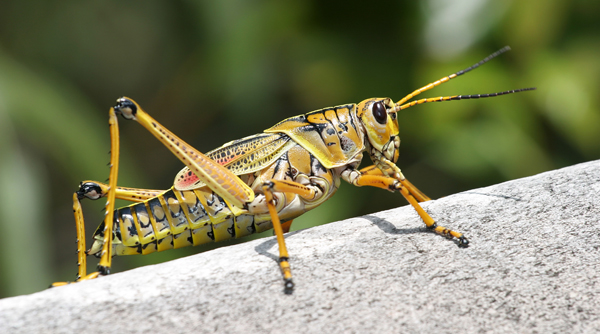Tune In To THIS Moment
THIS one is different than you think.
I find poetry articulates the ineffable better than anything else.
Like a firefly, it illuminates vast emotional, philosophical and intellectual landscapes in a flicker of understanding. A few stanzas can transform your reality. Tune you into a way of being or thinking or feeling that settles you back into your essential self.
It’s so hard sometimes, in the repetition of what we do over and over again each day, to see and experience each moment as unique. Different.
It has a deadening effect.
A get-through-it to get-it-done to get-to-the next-thing vibe about it.
Daron Larson’s poem, Recognition, elucidates why this is true and what is we can do to shake this blandness.
Recognition
It is so difficult to see this flower *
because the countless others
we’ve seen before
cloud the view,
along with how we expect it to look
and how it might be improved.
Even the faces of the ones we love deeply
hide like buried treasure
behind histories of expression.
In order to see
what is right in front of our eyes,
we first have to recognize
we have gradually
become blind,
and then begin
the slow work of forgetting.
* Substitute with any noun: beach, stone, bird, soap bubble, house, grandmother, beef stew, homeless person, celebrity, potato, dollar bill, construction worker, politician, drug addict, child, teacher, report card, mail order catalogue, boss, swimming pool, dog, towel, onion, computer, neighbor, planet, pine cone, cigarette, airplane, spam subject, fork, mountain, etc.
THIS is a big deal kind of recognition.
In Larson’s beautifully ironic title, Recognition, we are set up to feel safe that we will be greeted with the comforting familiarity of “recognizing” something– a kind of intersection of remembering and knowing.
He offers us something quite different.
Instead of providing a comforting familiarity, which is what we think we want, he offers us the glorious mystery of discovery, which we had no idea is what we desperately need.
The glorious mystery of discovery. What a relief.
To believe there is something new in every moment, especially if we have let the moments blur into one long momentous marathon.
To let go of what we think we know in order to embrace the scintillating possibilities of what we don’t.
I am usually so inept at this I skip right past even seeing what I expect, to ways what I see can be improved.
Always trying to improve. Always trying to be better.
The thing I love about this poem is not that it does not ask us to do anything better.
It does not even preach at us to “be in the moment” because we are trying. Most of us are working our back end off trying to be present as much as possible.
It offers a detective novel, an anthropological expedition– fun.
It tunes us into the newness, freshness and infinite discoveries to be made in this moment, not the moment.
The moment, on the surface, does not appear unique. It is like the dog, the water, the nervous breakdown.
Nothing special.
Just your standard run-of-the-mill noun.
This is key. Larson’s poem echoed back for me Mary Oliver’s famous poem, The Summer Day. It’s often celebrated for its beautifully provocative last line. But what I have always loved about it is this grasshopper.
The Summer Day
Who made the world?
Who made the swan, and the black bear?
Who made the grasshopper?
This grasshopper, I mean-
the one who has flung herself out of the grass,
the one who is eating sugar out of my hand,
who is moving her jaws back and forth instead of up and down-
who is gazing around with her enormous and complicated eyes.
Now she lifts her pale forearms and thoroughly washes her face.
Now she snaps her wings open, and floats away.
I don’t know exactly what a prayer is.
I do know how to pay attention, how to fall down
into the grass, how to kneel down in the grass,
how to be idle and blessed, how to stroll through the fields,
which is what I have been doing all day.
Tell me, what else should I have done?
Doesn’t everything die at last, and too soon?
Tell me, what is it you plan to do
with your one wild and precious life?
To pay attention. Like this.
What if we picked five this’s every day?

